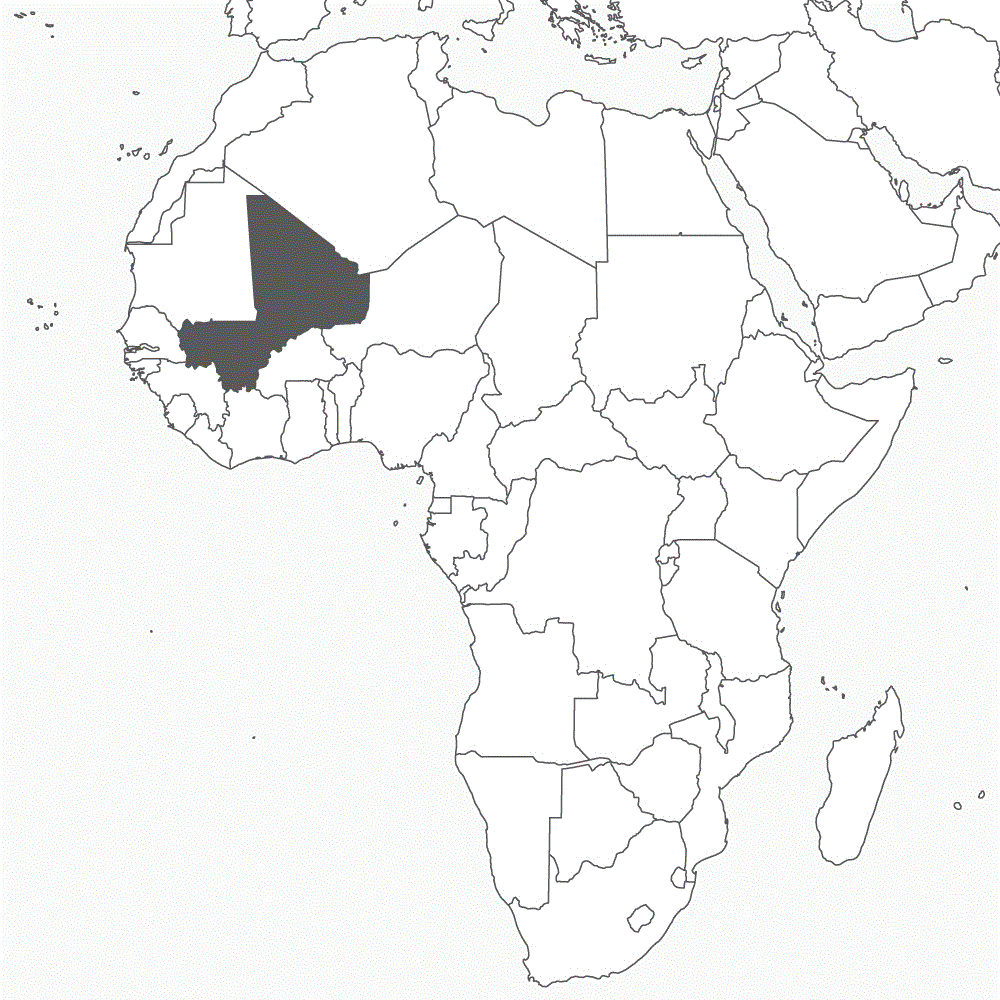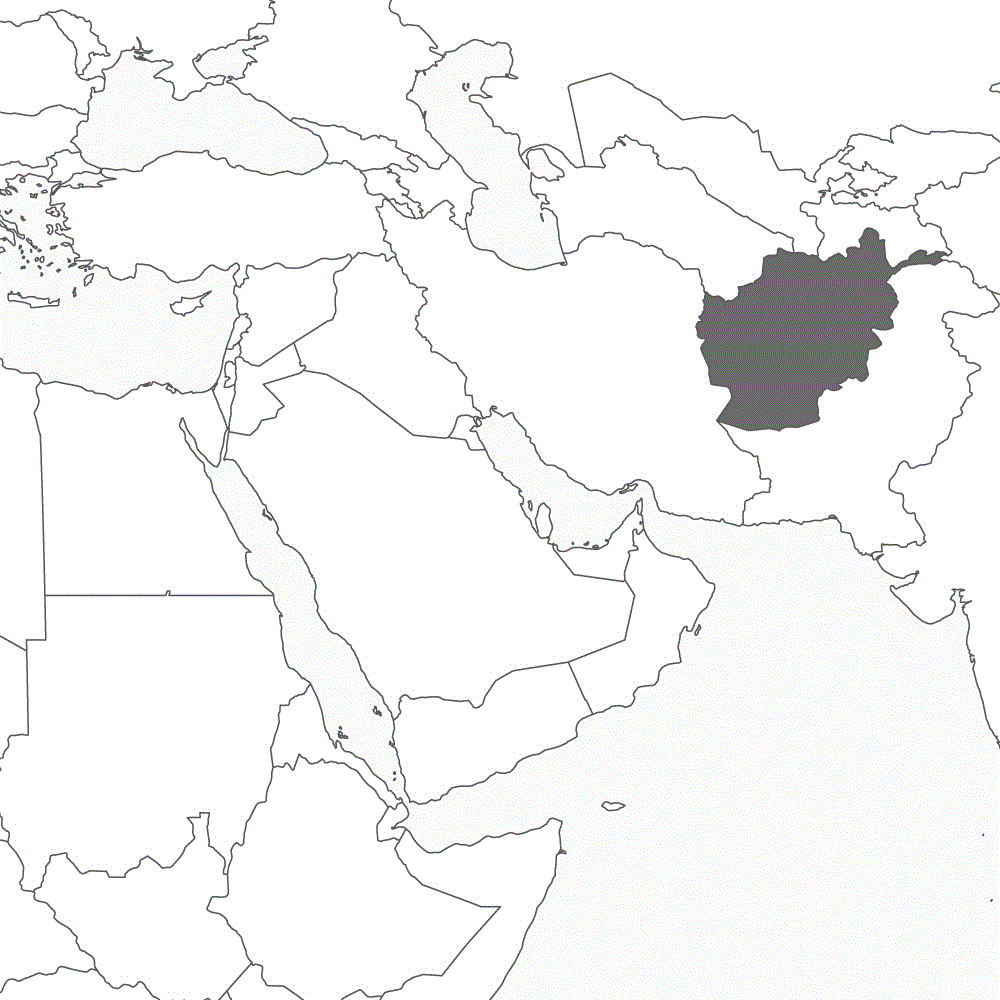Strategy Recommendations for the Next German Government (II)
German think tank specifies demands for Germany's foreign policy: creation of a sort of national security council, radical change of course in relations with China, the EU's inner alignment.
BERLIN (Own report) - The German Council on Foreign Relations (DGAP) submitted concrete proposals for Germany's and the EU's alignment in view of the upcoming global power struggles. The proposals, which were drawn up by a group of experts coordinated by the DGAP, are addressed to the next German government, which is expected to immediately begin with their implementation. The group of experts takes up demands that have been repeatedly raised since some time, including the creation of a sort of national security council and the establishment of a European intervention force, a "European Joint Force." Special attention is being paid to digital technologies, considered to be a "decisive factor" for economic clout. The DGAP paper is calling for a radical change of the policy towards China. Plans for a comprehensive propagandistic alignment of civil society play an important role. A "rating agency" should be created to "rate" the media on its alleged "factual accuracy in its reporting." Read more
Strategy Recommendations for the Next German Government (I)
German think tank demands a more offensive foreign policy, willing to take greater risks: "Blurring the boundaries between war and peace."
BERLIN (Own report) - The next government should initiate a shift to a more offensive foreign policy, willing to take greater risks, and seek the necessary "public approval." This demand has been raised by a group of experts in their newly-published strategy paper. The group had been coordinated over a ten-month period by the German Council on Foreign Relations (DGAP). For the foreseeable future, international politics will be dominated by the "great power competition between the USA and China," the paper notes. "Vulnerability" has become the "normal state of affairs," the "boundaries between war and peace are becoming blurred." Over the past few years, Germany has been losing influence in this development and must, therefore, seek to "prevent further strategic déclassement." The DGAP paper lists conflicts within the EU and the escalating crises beyond the EU's external borders as examples for this loss of influence. Berlin must be prepared "to take decisions even amid great uncertainty." The paper received an important input from ministries and politicians of the CDU/CSU, SPD and the Greens. Read more
Russian Flags in Bamako
The debate on the future of the German Bundeswehr mission in Mali is taking place as Russia and Turkey noticeably increase their influence in the Sahel.
BERLIN/PARIS/BAMAKO/MOSCOW (Own report) - The West's significant loss of influence in Mali is affecting the debate on the future of the Bundeswehr mission in the Sahel. While Berlin - in light f the defeat in Afghanistan - is suggesting that the intervention in the Sahel should not become "the next 20-year mission," the transitional government in Bamako is contemplating recruiting mercenaries from Russia's Wagner Group, as Plan B, in case there is a partial or complete western withdrawal. Plan B is linked to the expansion of military cooperation between Mali and Russia launched in June 2019, with the signing of an agreement. The prospect of closer cooperation with Moscow is met with growing sympathy within the Malian population. At the same time, Turkey is also consolidating its position in the Sahel by expanding its economic and cultural influence and training Malian officers. Following Syria and Libya, Mali is, therefore, the next country, where the Western powers are losing their influence while Russia and Turkey are enhancing theirs. Read more
The Pandemic as an Opportunity (II)
Amnesty International criticizes western vaccine manufacturers for supplying mainly rich countries. BioNTech once again reports record profits, becoming a stimulator for Germany's economic growth.
BERLIN/MAINZ (Own report) - Amnesty International strongly criticizes western Covid-19 vaccine manufacturers, particularly the German BioNTech company. According to the study, published by the human rights organization today, not only wealthy western states, which buy up the market to vaccinate children and hoard vaccines, are responsible for the fact that only 0.3% of the Covid-19 vaccine doses that have been administered globally have gone to low-income countries. Major vaccine manufactures are also to blame. They are refusing even, at least, a temporary waiver of their patents and disregard the dramatically needed supply to the international COVAX initiative - partially to generate huge profits. BioNTech, for example, has increased its profit to €3.92 billion in the second quarter of 2021 - with a total turnover of €7.36 billion. This could be a turning point for Germany's flagging pharmaceutical industry and a boost for German economic growth. At present, poorer countries are being primarily supplied by China. Read more
The EU's Indo-Pacific Strategy
Brussels insists on increased EU military presence in the Indian and Pacific Oceans. Washington and London boost Australia's arms buildup against China.
BERLIN/BRUSSELS (Own report) - The EU Commission presents its new Indo-Pacific strategy, urging EU member states to increase their military presence in the Indian and Pacific Oceans. The Union must not only expand its economic relations in the region - particularly with adversaries of China - but seek to conduct more port calls and joint exercises with the riparian countries, according to the paper presented yesterday in Brussels. The EU should also define "Maritime Areas of Interest in the Indo-Pacific" and cooperate particularly closely - also militarily - with its regional partners. This is, in fact, the purpose of the frigate Bayern's current Asia-Pacific cruise. It will soon arrive in Australia that has just concluded a new anti-China pact with the USA and the United Kingdom. The AUKUS Pact provides Australia, Berlin's military cooperation partner, with nuclear submarines for operations against China. This also escalates internal Western conflicts: Canberra has cancelled a €56 billion procurement contract with Paris. Read more
Occupation Economy without Occupiers
After 20 years of western occupation, Afghanistan's economy is in distress, facing a total meltdown since western aid was halted.
BERLIN/KABUL (Own report) - Following the West's withdrawal from Afghanistan, the United Nations seeks to supply the Afghan population with basic necessities. At yesterday's UN donor conference in Geneva, donors pledged over $1 billion in aid, with Germany promising €100 million. During its 20 years of occupation, the West was incapable of developing the Afghan economy, which remained dependent on extensive foreign payments that inflated certain sectors - such as services for western and government personnel - but did not help generate anything even remotely resembling independent production. While corrupt government officials funneled billions to Dubai in plain view of the West, poverty among the Afghan population was increasing. Already prior to the West's withdrawal, nearly half of the Afghans depended on humanitarian aid. The suspension of aid payments and the implementation of US sanctions, once the Taliban seized power, are dealing a death blow to the Afghan economy. Read more
Taking Stock of the "War on Terror"
Twenty years after 9/11, the West's "war on terror" has failed, leaving millions dead and entire countries devastated.
BERLIN/WASHINGTON (Own report) - Millions dead, rampant poverty, dozens of millions of refugees and several devastated countries: This is the result of western wars throughout the broader Middle East since September 9, 2001. Launched in the name of a war on jihadi terrorism, waged under the banner of "freedom and democracy," the wars in Afghanistan, Pakistan, Iraq, Syria, Yemen and Somalia have above all caused human suffering and misery of historic dimensions. The actual or purported objectives have not been achieved. Thriving societies have emerged nowhere, neither at the Hindu Kush nor at the Euphrates and Tigris. Jihadi terror is today "stronger" and more widespread on a global scale than in 2001, according to experts. Western armed forces and intelligence services have also committed the most egregious war crimes and human rights violations - from targeted assassinations of unarmed civilians to abductions of thousands to torture chambers. Germany has been involved in all of this. Read more
EU War Coalitions of the Willing
Berlin and Brussels plan a new EU intervention force of 5,000 or more soldiers. Kramp-Karrenbauer pleads for "coalitions of the willing."
BERLIN/BRUSSELS (Own report) - Berlin and Brussels seek to use the West's defeat in Afghanistan to push for the establishment of a new EU intervention force. "Nearly nothing" was done "to counter" the US' decision to withdraw from the Hindu Kush, because of the lack of our military "capabilities" complained Germany's Defense Minister Annegret Kramp-Karrenbauer. We can only "win," if the EU gets "on a par with the USA." Just prior, in a guest essay, EU Foreign Policy Commissioner Josep Borrell made a plea, above all, for the Union to create a particularly powerful "Initial entry force," alongside its increasing "pivotal military capabilities." Currently, there is talk within the EU of a unit of 5,000 soldiers, modeled on NATO's "Spearhead" unit, with an augmentation of up to 20,000 also being in discussion. A decision should be made in November. Resistance is coming particularly from the Eastern and Southeastern European pro-US members of the EU. Read more
Battles of Decline
Experts see the defeat in Afghanistan as "another stage in the West's decline." Now the West wants to shelve "nation building" to focus on great power conflicts.
BERLIN/WASHINGTON (Own report) - The West emerges weakened from its 20 years of war in Afghanistan and the Middle East and is now concentrating its efforts on the major power struggle with Russia, but especially with China. This has become evident in several statements made on the occasion of this week's completion of the final withdrawal of western troops from the Hindu Kush. Thus, US President Joe Biden declared that, in the future, Washington would refrain from nation-building and instead brace itself for "new challenges" posed by Moscow and Beijing. Germany has already been pivoting toward great power confrontation in its armament and military policy. It is particularly arming itself for wars against armed forces of powerful states and is focusing its maneuvers on scenarios of war against Russia. It is also increasing its military activities in the Asian and Pacific regions. The major defeat at the Hindu Kush, accompanied by massive squandering of resources, is "another stage in the West's decline," according to experts. Read more
GERMAN-FOREIGN-POLICY.com
Information on German Foreign Policy: News + Interviews + Analyses + Background



